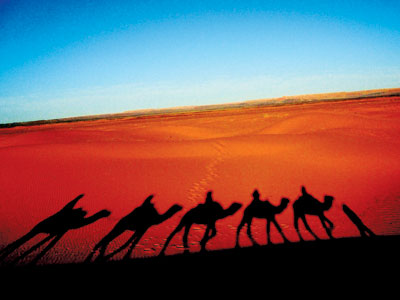All Nonfiction
- Bullying
- Books
- Academic
- Author Interviews
- Celebrity interviews
- College Articles
- College Essays
- Educator of the Year
- Heroes
- Interviews
- Memoir
- Personal Experience
- Sports
- Travel & Culture
All Opinions
- Bullying
- Current Events / Politics
- Discrimination
- Drugs / Alcohol / Smoking
- Entertainment / Celebrities
- Environment
- Love / Relationships
- Movies / Music / TV
- Pop Culture / Trends
- School / College
- Social Issues / Civics
- Spirituality / Religion
- Sports / Hobbies
All Hot Topics
- Bullying
- Community Service
- Environment
- Health
- Letters to the Editor
- Pride & Prejudice
- What Matters
- Back
Summer Guide
- Program Links
- Program Reviews
- Back
College Guide
- College Links
- College Reviews
- College Essays
- College Articles
- Back
Djibouti's Water Crisis
Djibouti is a US ally. The US has 2500 troops stationed there. Djibouti is a close French ally and has a large French military base and garrison. It used to be a part of France until 1977 when a revolution occurred. The country's official languages are French and Arabic, and 94% of the population is Muslim. 52% of the population is unemployed. 41.5 million Euros (Over 55 million U.S. dollars) of funding was secured for Djibouti by the European Union to build a desalination plant. Despite this fact, Djibouti is yet to make a plant.
Djibouti is mostly desert and barren land, and has very few natural resources. Because of this, the economy of Djibouti revolves around shipping routes and ports, for it is located on the horn of Africa, a major shipping route. Half of Djibouti's income is generated by the French naval garrison based there.
In some areas, families have only 10 gallons of water over a period of 2~3 days for all their needs, rather than the target 15 gallons per person a day, which is the target amount for African people.

Similar Articles
JOIN THE DISCUSSION
This article has 0 comments.
